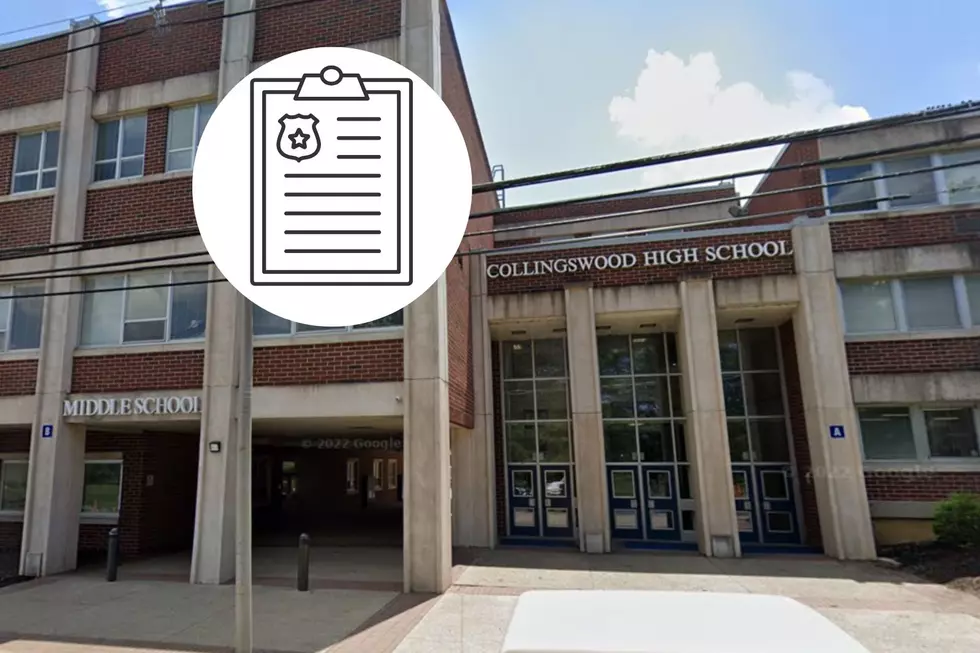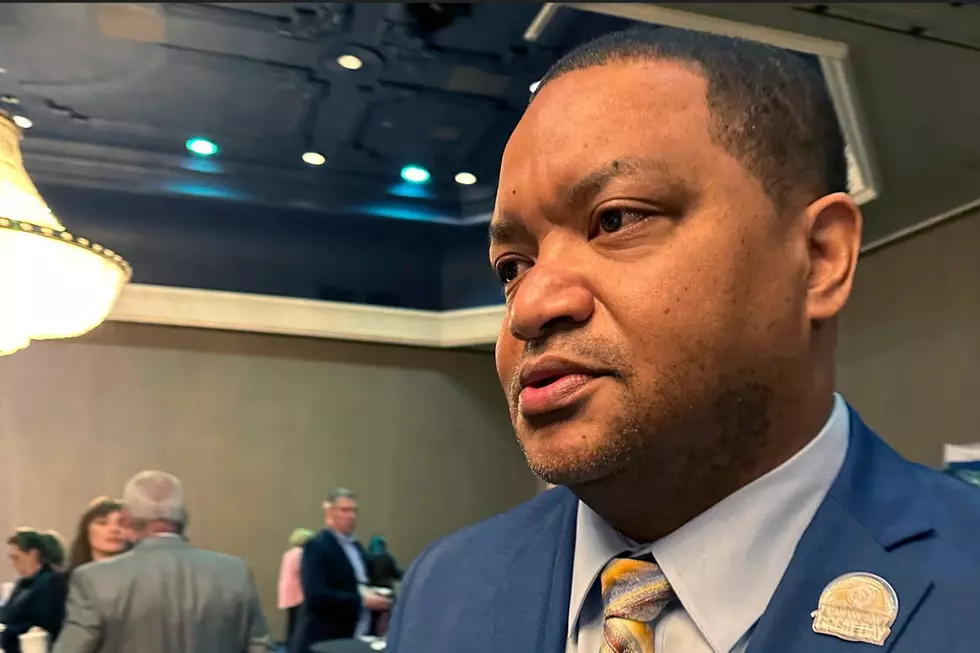
Democrats send Christie $35.3 billion state budget
TRENTON (AP) — New Jersey's budget drama is entering its final act as the Democrat-led Legislature on Thursday sent Gov. Chris Christie a $35.3 billion budget that includes surcharges on business and high-wage earners and a $3.1 billion public pension payment — three things the Republican governor firmly opposes.
Christie is expected to use his line-item veto to cut out the tax hikes, cut the pension payments down to $1.3 billion and finalize his original $33.8 billion proposed budget. He is scheduled to take action on the budget Friday.
The budget has to be approved by Tuesday, the same day Christie is expected to announce a run for the Republican nomination for president, according to two people familiar with his political plans. They spoke to The Associated Press on Thursday on condition of anonymity because they were not authorized to pre-empt Christie's announcement.
The 2016 fiscal year budget advanced Thursday by a 24-16 vote in the Senate and by a 47-31 vote in the Assembly; the debate surrounding it fell along party lines. Republican lawmakers argued the budget would drive business out of the state and did not truly solve the state's pension funding problem. They called on Democrats to sit down with Christie to redraft a pension solution.
"If you want to truly get something done, let's talk about spending cuts," said Republican Assemblyman Jay Webber.
Democrats said their budget fulfilled a promise to state workers made in a 2011 law that set pension payments.
"No one wants to raise any surcharge — any taxes — but we have an obligation," said Democratic state Sen. Paul Sarlo.
Lawmakers said the Statehouse scene Thursday lacked the usual excitement surrounding the budget because its fate had become clear, given Christie's powerful line-item veto.
"It's not a perfect budget, but it's a good budget," Democratic Budget Committee Chairman Gary Schaer said.
The budget's passage likely caps the Legislature's busy season as the Assembly, which is at the top of the ticket in November, looks ahead to the fall election and as Christie prepares his campaign plans.
Since February, Christie and lawmakers have sparred over funding the pension fund according to a formula created by the 2011 law. But earlier this month, the state Supreme Court sided with Christie, concluding the governor and Legislature must work out the payment through the budget.
Christie proposed his budget in February. Democrats greeted it with skepticism and immediately a struggle over funding the state's $80 billion public pension erupted.
The Supreme Court's ruling bolstered the prospects that Christie's 2016 spending blueprint would become law because the court did not require him to make an additional payment of nearly $1.6 billion. Christie's administration had argued it would be next to impossible to make such a payment for fiscal 2015 so late in the year, which ends June 30.
With that hurdle cleared and his line-item veto powers, Christie was almost assured his spending priorities could bypass a hostile Democratic Legislature.
But that did not stop Democrats from adding a tax on income over $1 million as well as a 15 percent surcharge on the corporate business tax to close the gap and make the $3.1 billion payment required by the 2011 law, which Christie had signed.
Aside from differences over pension payments, the proposed budget for the 2016 fiscal year, which begins July 1, is largely similar to the budgets of previous years, lawmakers and experts say.
Funding to the state's nearly 600 school districts was kept flat and taxes are not expected to go up. But in a departure from previous years, the administration and Legislature's estimates on revenue are mostly aligned.
(Copyright 2015 The Associated Press. All rights reserved. This material may not be published, broadcast, rewritten or redistributed)
More From New Jersey 101.5 FM









